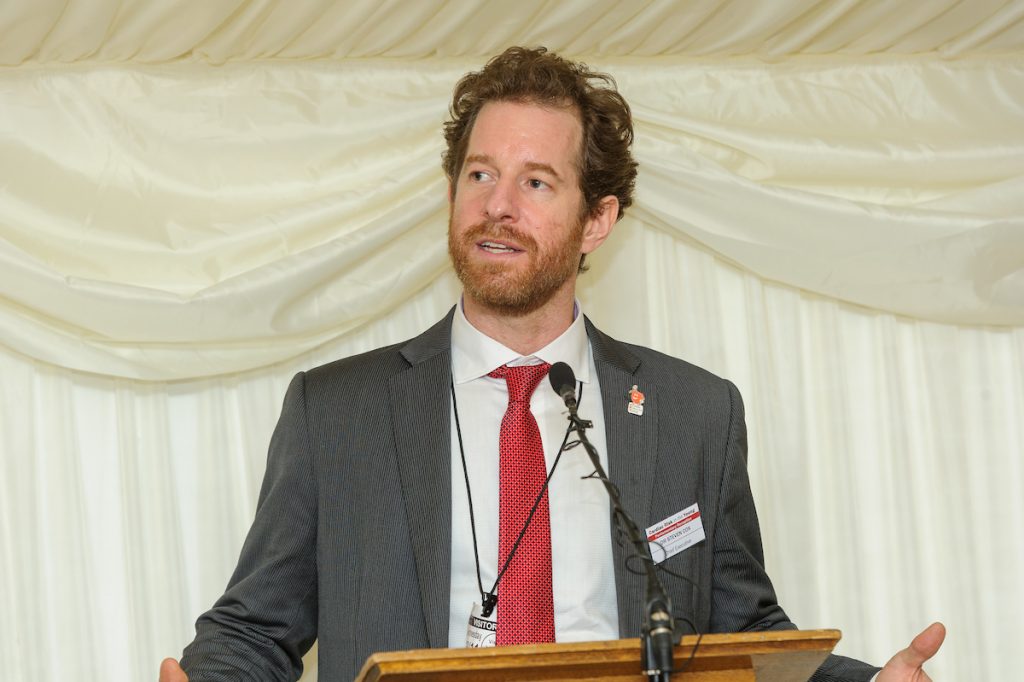June 14th 2019
The latest consultation document has just been published by the National Screening Committee (NSC) to review the role of screening for the risk of sudden cardiac death in the young.
The document does NOT recommend population screening for sudden cardiac death in the young.
The NSC consultation document FAILS to demonstrate the impact young sudden cardiac deaths have on our society. It FAILS to stress that 1 in 300 people screened have a cardiac condition that can benefit from treatment or lifestyle advice. It FAILS to objectively evaluate the overlap between the current routine use of the ECG in the NHS / medical practice for general diagnostics and monitoring and its role in cardiac screening.
It is unbalanced and has interpreted the evidence subjectively with the apparent intent of “kicking the ball into the long grass”. When we met Matt Hancock, the Secretary of State for Health and Social Care, in 2018 we raised our concern about this and he assured us this would not happen.
We are urging MPs to establish a national strategy for the prevention of young sudden cardiac death to ensure the government acts to prevent the hundreds of deaths each year of young people from undiagnosed cardiac conditions. As a progressive society it cannot be acceptable that WE FAIL to act in response to the horrendous impact these conditions have on the family, friends and fabric of our local communities when left undiagnosed.
This document demonstrates why we now urgently need to establish a national strategy to prevent young sudden cardiac deaths in the UK.
Please write to your MP and urge them to sign the pledge to put this strategy in place www.c-r-y.org.uk/my-pledge
142 MPs (more than 20%) have already signed the pledge, and we have an event on June 25th at 4pm in Portcullis House where MPs can show their support for the CRY campaign.
Please also write a personal response to the evidence team at the National Screening: screening.evidence@nhs.net. If you could also forward a copy of your response to us, it would be greatly appreciated.
It is very easy for policy makers to dismiss the impact of a young sudden cardiac death, choosing to turn a blind eye to the impact it has on family and friends after the tragedy. This has to be part of any policy weighing up the costs and the benefits of action. This should not be framed as one death balanced against the experience of people going through the testing procedures. Rather it should be recognised that it is about a family and friends having their lives ripped apart, changing forever.
CRY will be providing an official response before the deadline of 7th September 2019.
To read the full consultation document go to: https://legacyscreening.phe.org.uk/suddencardiacdeath
Some of the points that need to be raised in response to this document include:
The NSC continue to be dismissive of the science which is informing everyday medical practice in the UK by reiterating the fact that there has been no randomised control trial of 100,000s of young people over a 20+ year period. They fail to recognise that conducting RCTs on these conditions is UNETHICAL and would lead to young people dying in the pursuit of “better” science. CRY’s research programme will continue to focus on answering the inevitable questions raised as medicine progress in an ethical way, but there must be an acceptance that screening will save young lives.
It is unacceptable for the NSC to adopt a contradictory position where the ECG IS an accurate test if you experience symptoms, but the ECG IS NOT an accurate test if you DO NOT experience symptoms. The research has shown that screening based on symptoms (without an ECG) identifies fewer people at risk.
The way the NSC has framed the issue is incorrect. The current NSC screening programmes (e.g. breast cancer) focus on identification of conditions/diseases, whereas this policy is framed as identification of the risk of sudden cardiac death. It must be reframed to be consistent with the other NSC policies, “screening for cardiac conditions in young adults”.
Policy must be informed by science and CRY’s research programme, led by Professor Sanjay Sharma, is leading the way internationally in providing the evidence to better understand these conditions and save more young lives. But it is unacceptable that hundreds of young people continue to die suddenly every year from cardiac conditions which could be identified through screening with an ECG.
Thank you for your support and enabling CRY to offer a screening service to tens of thousands of young people every year, raising the funds and awareness necessary to save young lives.
Thank you.
Dr Steven Cox





